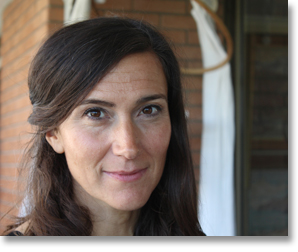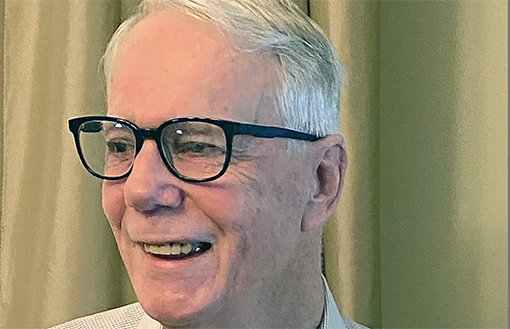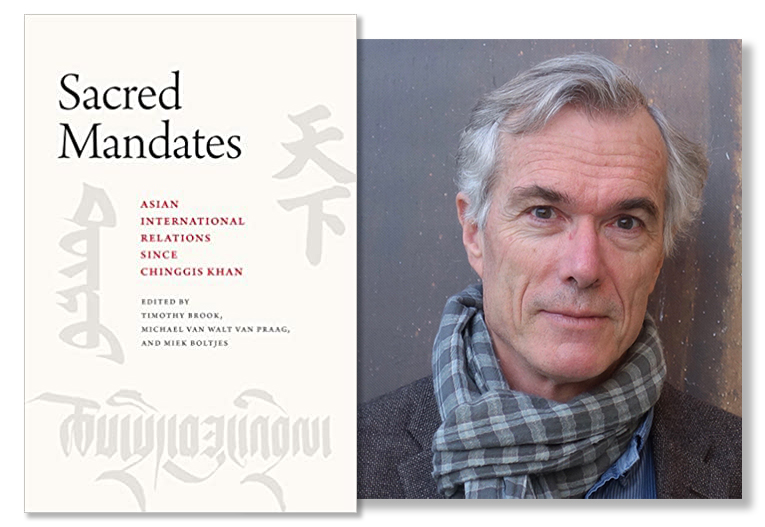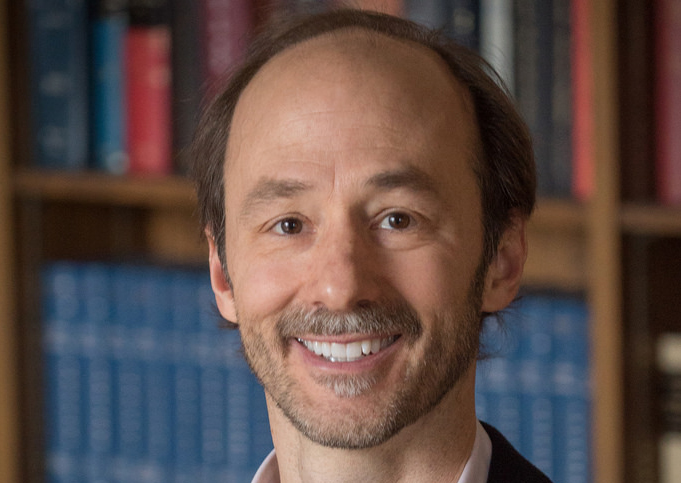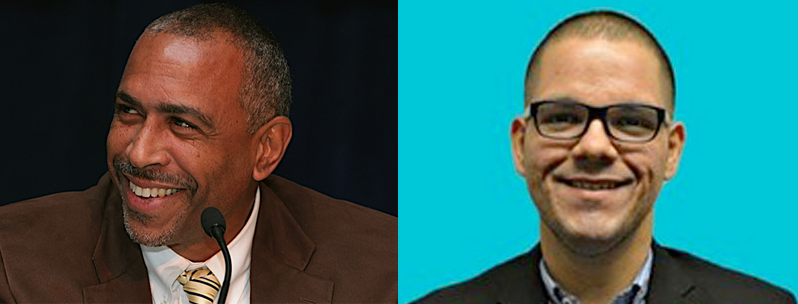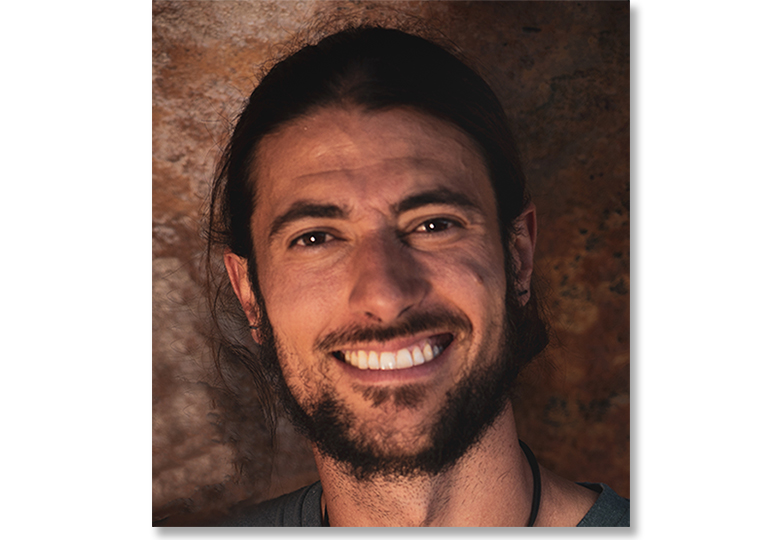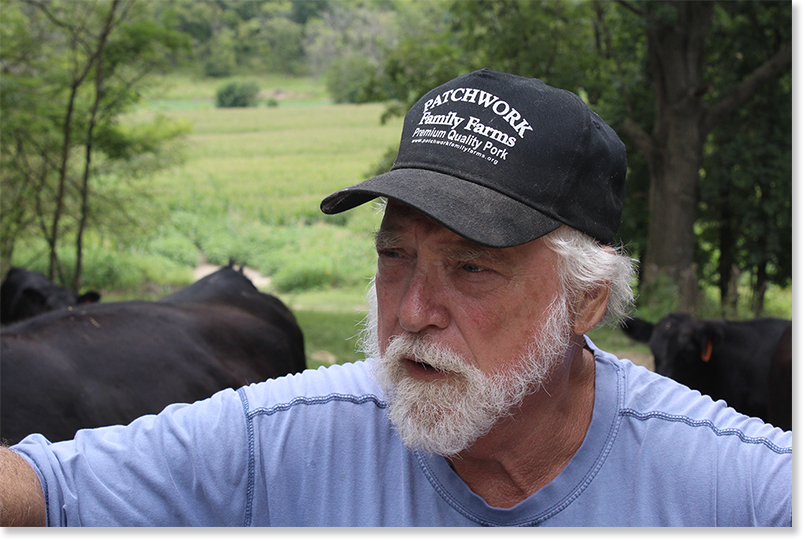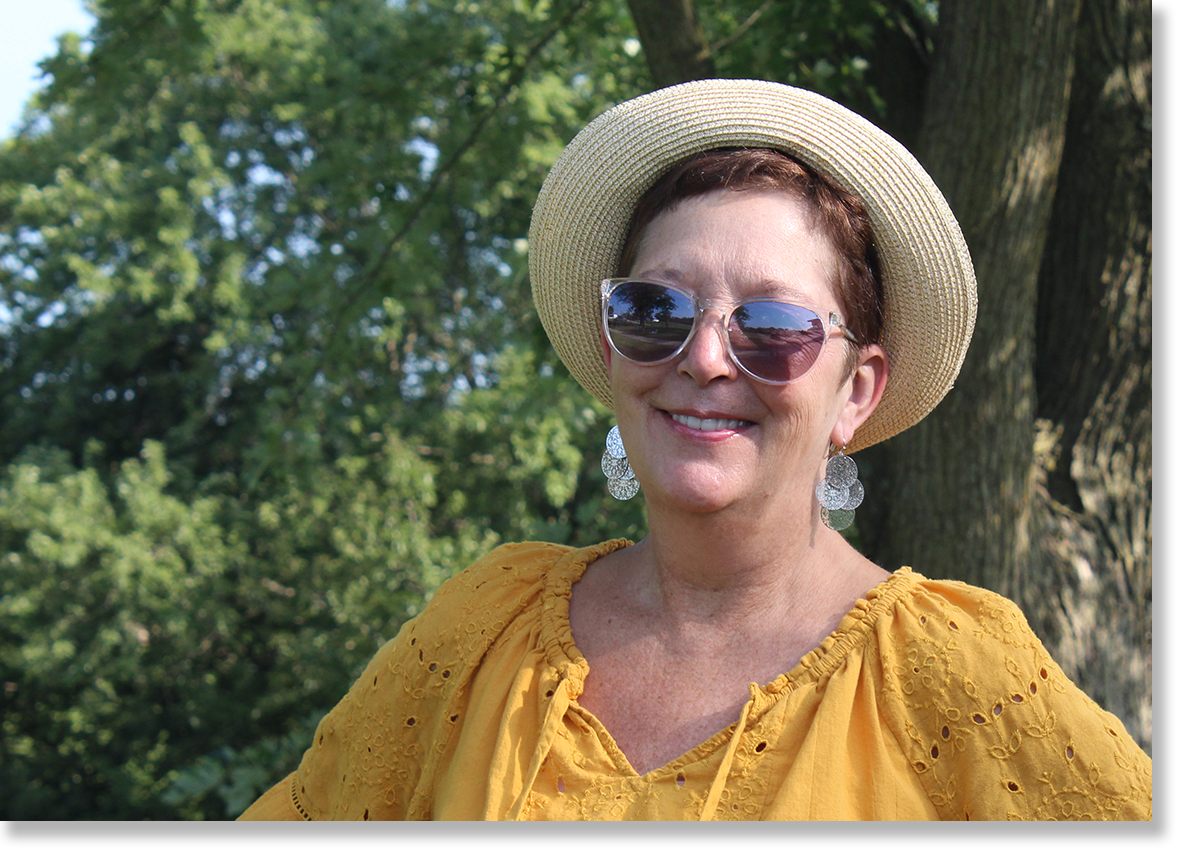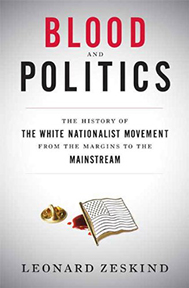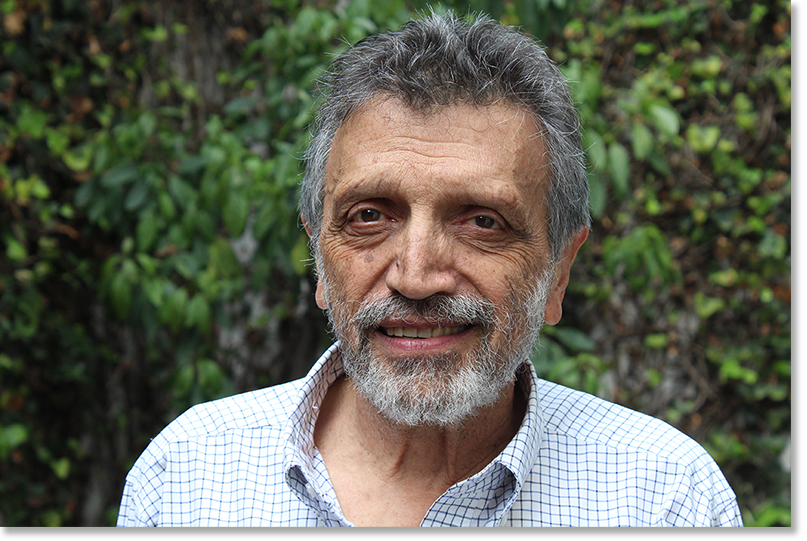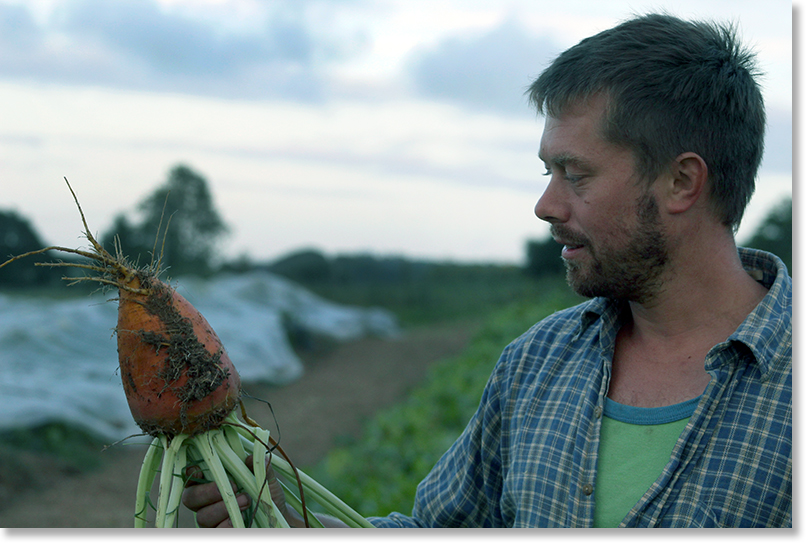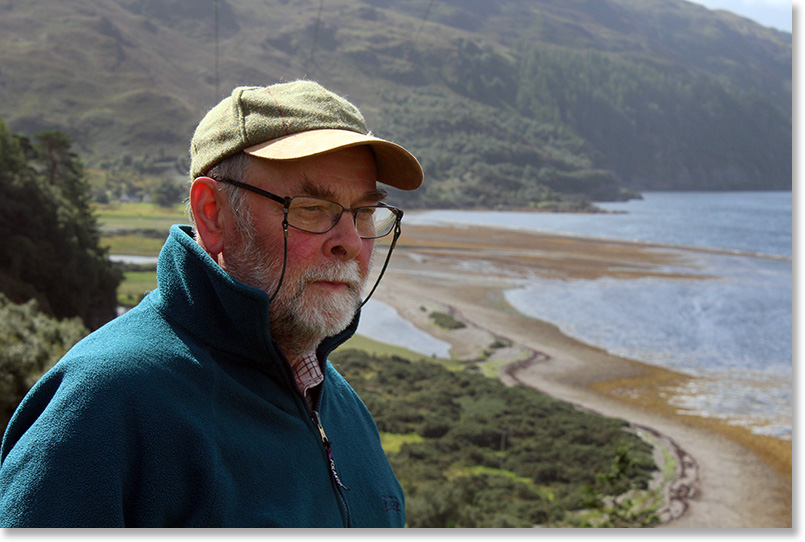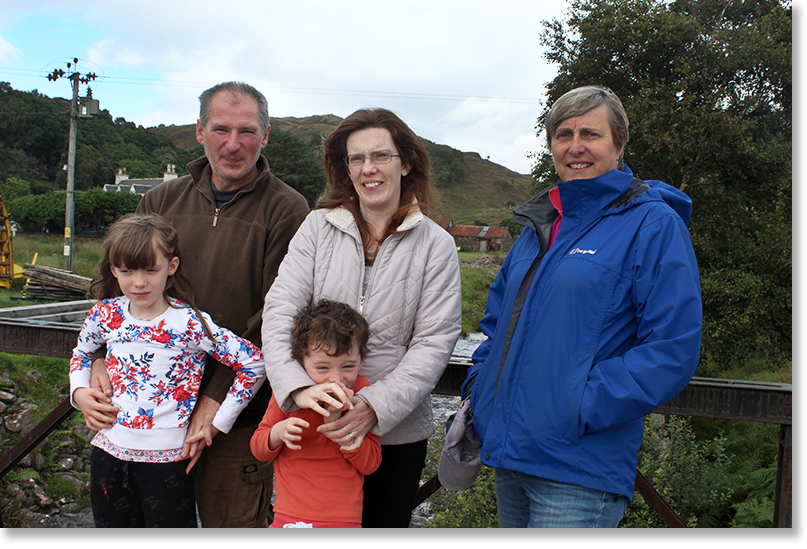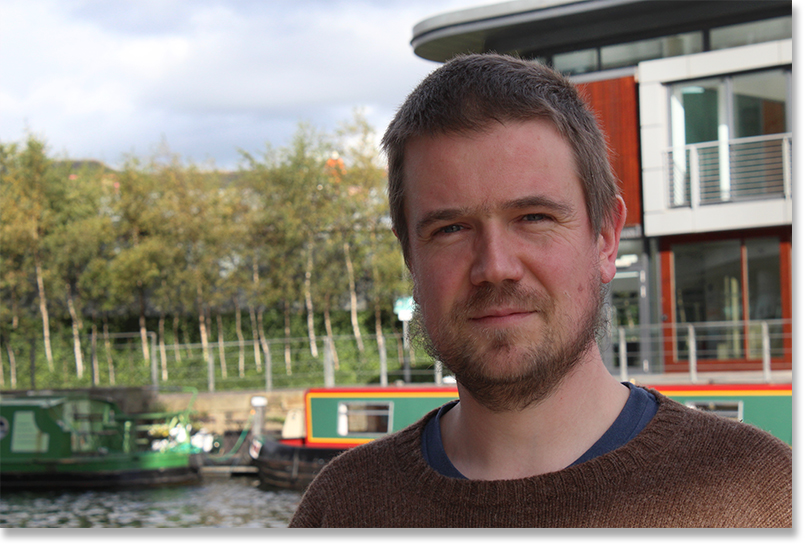Please come back to check them out and share.
“Worldmaking After Empire: The Rise and Fall of Self-Determination”
Chicago, Illinois, USA
Adom Getachew, Ph.D. is a professor who teaches “political science and race diaspora and indigeneity at the University of Chicago. I’m author of ‘Worldmaking After Empire, The Rise and Fall of Self-Determination’. And I recently co-curated an exhibition titled ‘Project A Black Planet: The Art and Culture of Panafrica’.”
Published in In Motion Magazine May 7, 2025
Interview with Patrick Manning
The Evolution of the Human System
Language, Migrations, Social Institutions, and Outpouring of Public Sentiment
Pittsburgh, Pennsylvania, USA
Patrick Manning, Ph.D. is, “a professor of world history at the University of Pittsburgh, Emeritus. I retired eight years ago but I’m still holding on to the title and the connections to the World History Center, which I founded there in 2008.” He is also a past president of the American Historical Association.
Published in In Motion Magazine January 19, 2024
Interview with Timothy Brook
The Westphalia Paradigm:
Before And After It Arrived in East Asia
Inspired by the book “Sacred Mandates”
Part 1: To Dismantle Empires: Not a Completely Successful Experiment
Part 2: The Mongols Blew Open the Original World
Part 3: How the Meaning of Sovereignty Has Changed
Vancouver, British Columbia, Canada
Timothy Brook, Ph.D. is a professor at the University of British Columbia, in Vancouver. He is a historian and his field of specialty is China. This interview was conducted (and later edited) by Nic Paget-Clarke for In Motion Magazine on September 10, 2021. The interview was conducted through the web on audio/video software with Tim Brook in British Columbia and Nic Paget-Clarke in San Diego, California.
Published in In Motion Magazine December 4, 2021
Interview with David Ciepley
Government by Corporation:
The Mythology of the Stockholder as the Owner
Part 1: The Corporation as a Governance Technology
Part 2: The Business Corporation
Part 3: The Governance of Collective Power
Uppsala, Sweden
David Ciepley is an, “associate fellow in the Institute for Advanced Studies in Culture at the University of Virginia, and a Global Horizons Fellow in the Swedish Collegium for Advanced Study in Uppsala, Sweden.” This interview was conducted (and later edited) by Nic Paget-Clarke for In Motion Magazine on November 25, 2020. The interview was conducted through the web on audio/video software with David Ciepley in Uppsala, Sweden and Nic Paget-Clarke in San Diego, California.
Published in In Motion Magazine December 13, 2020
Structural Racism And The Urban Geography of Education
by Pedro A. Noguera and Julio Angel Alicea
Los Angeles, California
Pedro Noguera is the Emery Stoops and Joyce King Stoops Dean of the Rossier School of Education at the University of Southern California, Los Angeles.
Julio Angel Alicea is a doctoral student in urban schooling at the University of California-Los Angeles School of Education and Information Studies.
Published in In Motion Magazine December 13, 2020
If There Was Ever A Time To Transform Schools, This Is It
by Miguel Casar Rodriguez
Los Angeles, California
Miguel Casar is a student, teacher, and writer who believes in the transformational potential of re-claiming and re-imagining schools as public spaces of justice, community, and liberation. He is a PhD student at the University of California Los Angeles, a lecturer at California State University-Dominguez Hills and a doctoral researcher at the Center for the Transformation of Schools at UCLA. His work focuses on understanding and challenging the role of schools in the perpetuation of injustice, violence, social stratification.
Published in In Motion Magazine June 7, 2020
Interview with Roger Allison
Economic Sustainability in Rural Missouri
Armstrong, Howard County, Missouri, USA
Roger Allison is an independent family farmer from Howard County, Missouri and the director of both the Missouri Rural Crisis Center and Patchwork Family Farms. This interview was conducted (and later edited) by Nic Paget-Clarke for In Motion Magazine on August 19, 2019 on the Perry/Allison farm, Armstrong, Missouri.
Part 1: The Economic Cost-Price Squeeze
Part 2: Corporate Agriculture
Part 3: Factory Farms or Patchwork Family Farms
Part 4: Diversification and Adversity — the Weather and the Climate
Part 5: A Family Farm Agricultural System
Published in In Motion Magazine April 11, 2020
Interview with Rhonda Perry
Local Control or the Corporatizing of Rural America
Armstrong, Howard County, Missouri, USA
Rhonda Perry is, “a farmer in Howard County, Missouri and I’m with the Missouri Rural Crisis Center (MRCC). I’m the program director.” This interview was conducted (and later edited) by Nic Paget-Clarke for In Motion Magazine on August 18, 2019 on the Perry/Allison farm, Armstrong, Missouri.
Part 1: The Missouri Rural Crisis Center
Part 2: Local Control
Part 3: Sustainability and Rural America
Published in In Motion Magazine February 22, 2020
A Talk by Leonard Zeskind
Leonard Zeskind is a founder of the Institute for Research and Education on Human Rights (https://www.irehr.org). For almost four decades, he has been a leading authority on white nationalist political and social movements. He is the author of Blood and Politics: The History of White Nationalism from the Margins to the Mainstream, published by Farrar Straus & Giroux in May 2009. He has written for The American Prospect, Rolling Stone, The Nation, The New York Times and the Los Angeles Times, among other publications. The John D. and Catherine T. MacArthur Foundation named him a Fellow in 1998 (one of its so-called “Genius Grants”). The Petra Foundation gave him a fellowship in 1992. He is a lifetime member of the NAACP and has served on the board of directors of the Petra Foundation and the Kansas City Jewish Community Relations Bureau. (This description is taken from the IREHR website.)
Published in In Motion Magazine September 12, 2019
The Key Organizing Principle of Society: Macroeconomics – Markets or Sustainability
Part 1: The Myth of the Invisible Hand
Part 2: The Day That Capitalism Changed Forever
Mexico City, Mexico
Alejandro Nadal is, “an economist. I teach comparative economic theory. I’ve done a lot of work on microeconomics, which is market theory, how prices, how the Invisible Hand works. But then I’ve done a lot of work on macroeconomics, which is the analysis of entire capitalist economies. And then at the same time, I did a lot of work on the environment. I’m really concerned about what we are doing to our planet. I’ve done a lot of work on the drivers of economic degradation, not only talking about how bad things are but exactly what economic forces are driving the destruction of the environment. I write a weekly column in a newspaper in Mexico, La Jornada. I think that’s very important, to get out there and try to send some of the messages of the alarming things that I’ve discovered in my research to the general public.
Nadal is the author of Rethinking Macroeconomics for Sustainability and Arsenales Nucleares: Tecnología Decadente y Control de Armamentos. He is a former member of the Board of Directors of The Bulletin of the Atomic Scientists. He was an economic advisor to the Zapatista negotiating team in 1996. Also, in the context of the Convention of International Trade in Endangered Species (CITES), he is currently involved in analyzing the economics of wildlife trade.
Published in In Motion Magazine December 3, 2018
Adam Payne of the Landworkers’ Alliance
Change in Rural Culture, Small Farms, and Hedgerows
West Dorset, England
Adam Payne is, “a farmer and grower and a member of the Landworkers’ Alliance, which is a UK (United Kingdom of Great Britain and Northern Ireland) organization of small-scale farmers and growers, also affiliated with Vía Campesina, the international peasant and farmers movement. I farm down here in west Dorset. We produce pigs, sheep and vegetables on a forty-five-acre mixed farm. It is organically certified, producing in an organic framework.”
Published in In Motion Magazine March 24, 2018
Interview with Finlay Matheson
Crofting: The Concept That There Should Be Lights in the Glen Again
Strathcarron, Ross and Cromarty, Scotland
Finlay Matheson is a crofter and a director of the Scottish Crofting Federation (SCF). The SCF tagline is: “the only organization solely dedicated to campaigning for crofters and fighting for the future of crofting.” Crofters have, for over 120 years, been independent, small, family agriculturalists, not unlike small peasant farmers in many other parts of Europe. With the passing of the first Crofters Holdings (Scotland) Act in 1886, they rented land securely and in perpetuity from Landlords of Estates, mainly in the Highland and Islands of Scotland.
As individuals or families, they raise livestock, traditionally cattle and sheep, and grow crops on their “inbye”, that is the better quality, possibly arable land often around their croft houses. Their tenancy frequently includes common land for grazing. This is often moorland, hill or mountain which is shared and sometimes worked communally.
Published in In Motion Magazine March 24, 2018
Interview with Duncan and Kath Fraser with Fiona Mackenzie
Crofting: In This Strategic Place
Toscaig Township, Applecross Peninsula, Ross and Cromarty, Scotland
Duncan and Kath Fraser (with their two young children) and Fiona Mackenzie are crofters living in the rural township of Toscaig on the coast of Applecross peninsula in Ross and Cromarty in northwest Scotland. They raise sheep and cattle on their in-bye land and out on the communal grazing land. Their crofts are adjacent and Fiona Mackenzie’s home is close to the Fraser family home.
Published in In Motion Magazine February 17, 2018
Interview with Dr. Iain MacKinnon
The Cultural Norms of Crofting:
The Recovery of the Story and Voices of the Economy, the Understanding, and the Life of a People
Edinburgh, Scotland
Dr. Iain MacKinnon, “belong(s) to the Isle of Skye. I’m from a crofting family. I’m a Gael. And most of my work is trying to figure out what that might mean, personally as well as culturally. At the moment, that work has taken me to Coventry University, where I work as a researcher in the governance of land and natural resources at the Center for Agroecology, Water and Resilience that they have there.”
Published in In Motion Magazine February 4, 2018
Interview with Fiona Mandeville of the Scottish Crofting Federation
Chair of the Scottish Crofting Federation
A Hegemony of Helping and Looking Out for People
Kyle of Lochalsh, Ross and Cromarty, Scotland
Interview with Fiona Mandeville, a crofter, and chair of the Scottish Crofting Federation (SCF). Crofters are independent small family farmers who rent land in perpetuity from local estates. As individuals or families, they raise livestock and grow crops on the land in-by their homes, and communally share and work grazing land. In the interview, Mandeville talks about communal farming, the Clearances and the Crofters’ Wars, land reform, the role of women in crofting, and the stewardship of Scottish landscapes.
Published in In Motion Magazine September 25, 2017
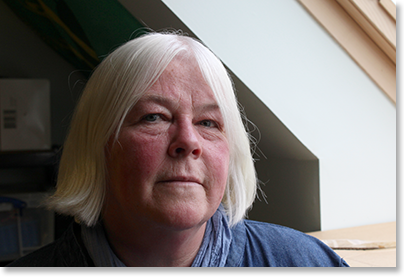
Interview with Jadwiga Lopata and Sir Julian Rose
Co-directors of the International Coalition to Protect the Polish Countryside (ICPPC)
The Small and Middle Family Farm: A Base for Poland to be Independent, and a Base for Good Quality Food
Stryszów, Poland
Lopata and Rose discuss the organizing efforts and circumstances of Polish farmers after Poland’s entry into the European Union. They have struggled against a systematic destruction of small- and middle-sized farmer’s processing facilities and local markets, corporate land grabbing, and the attempted influx of GMOs. At same time, they practice and advocate for local self-sufficiency in food and energy.
Published in In Motion Magazine July 31, 2017
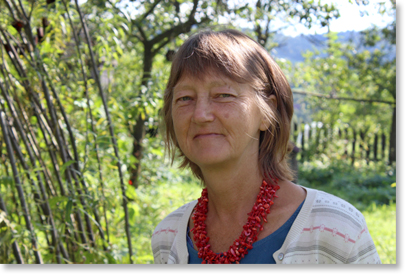
Political Deputy Minister of the Council of Indigenous Peoples
Reconstitute Different Tribes, Different Peoples in Taiwan
Taipei, Taiwan
Interview with tibusungu e vayayana, the Political Deputy Minister of the Council of Indigenous Peoples of Taiwan. He is a member of the Tsou Indigenous people of central southern Taiwan. The interview sections are: 1. Conscious of our ethnic identity; 2. A new learning, a new movement; 3. Cosmologies and social organization; 4. Alternative ways of economy; 5. Autonomy, self-governance and Indigenous education.
Published in In Motion Magazine March 31, 2017
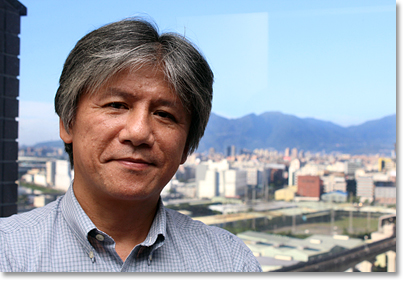
Confederation of Workers of the Popular Economy
The Excluded Ones
Buenos Aires, Argentina
Interview with Juan Martín Carpenco of CTEP in Buenos Aires, Argentina. CTEP is an organization of the “excluidos”, people excluded from receiving the benefits of the Constitution and who have created an alternate popular economy. 300,000 excluidos live in the Villas around Buenos Aires. There are 5 million excluidos in Argentina. Excluidos organize their economy in cooperatives and make decisons in cooperative assemblies. They include: “cartoneros”; workers in “recovered” factories; rural peasants and Indigenous people; and Plan Trabajar cooperatives.
Available in English and Spanish
Published in In Motion Magazine February 6, 2017
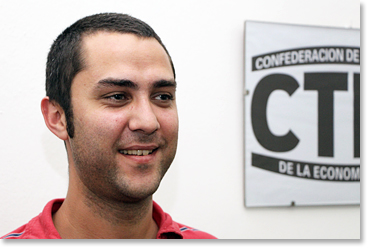
Part 1: Making Visible the Work and Participation of Women
Part 2: Recuperating Consciousness / A Space for Exchange
Santiago, Chile
Interview with Francisca Rodríguez of ANAMURI in Chile and also the international network La Vía Campesina. She speaks of the organizing by peasant and Indigenous women during and after the 1973 coup against the Allende government by Gen. Pinochet and the U.S. She speaks also about the creation of ANAMURI and La Via Campesina, and the ongoing movements: for food sovereignty; to end violence against women; to defend seeds; and promote agroecology.
Available in English and Spanish
Published in In Motion Magazine January 8, 2017
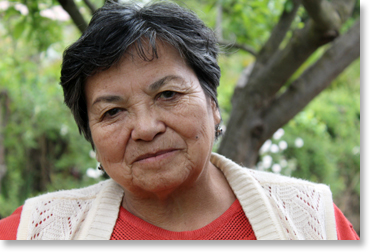
Science From A Native Perspective: How Do We Educate for A Sustainable Future
Albuquerque and the Turquoise Trail, New Mexico, U.S.A
Interview in New Mexico with Dr. Gregory Cajete, director of the Native American Studies Program at the University of New Mexico. This interview focuses, in large part, on themes presented in his sixth book “Native Science: Natural Laws of Interdependence”
Published in In Motion Magazine March 12, 2016
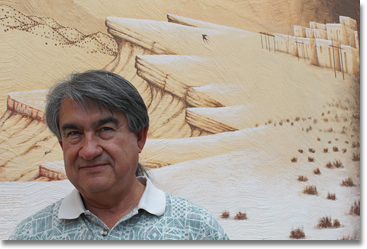
Defending the Ancient Trails / the Culture
Chos Malal, Neuquén Province, Argentina
Interview in Chos Malal in Neuquen, Argentina with Yanet Alarcón of La Mesa Campesina del Norte Neuquino, Mauricio Parada of Crianceros Unidos del Norte, and Pedro Huayquillan of the Huayquillan Mapuche community. All three speak about their communities’ defense of the historic trails and land along and through which their families travel seasonally with their livestock, as the climate changes, between their communities’ pastures.
Available in English and Spanish.
Published in In Motion Magazine January 16, 2016
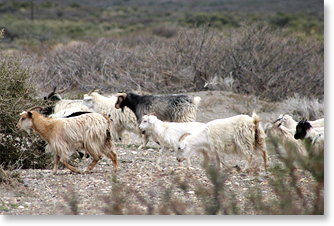
An Interview with Jorge Bermúdez
FaSinPat (Factories Without Bosses) and Zanón Ceramics
Cooperatives in a Capitalist Society
Neuquén, Neuquén Province, Argentina
The interview discusses the situation before, and the process during and after, the workers of the Zanon ceramics factory in Neuquén, Argentina took the factory in 2001 and created the FaSinPat workers cooperative.
Available in English and Spanish.
Published in In Motion Magazine October 23, 2015
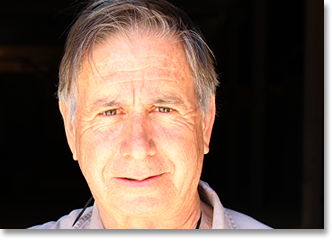
Awareness of the Violence, the Mud
by Gustavo Esteva
San Diego, California
Gustavo Esteva, writer, local/international grassroots activist, and co-founder of La Universidad de La Tierra, speaks at U. of California, San Diego about the political and social situation in Mexico; the disappearance of the 46 students of Ayotzinapa; and the merging in violence of government and organized crime cartels.
Published in In Motion Magazine May 29, 2015.
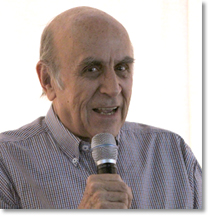
An Interview with Raúl Zibechi
A Civilizational Crisis: Different Paradigms and Different Ways To Build Them
Montevideo, Uruguay
Interview with Raúl Zibechi a professor, an international analyst for Brecha in Uruguay, a columnist for La Jornada in Mexico City. He discusses: social movements and autonomy; Brazil and its backyard; and strategic choices needed to be made.
Published in In Motion Magazine May 22, 2015

An Interview with Kate Fletcher
The Lives of the Users of Clothes
“What the future looks like”
Santiago, Chile
In this interview, Kate Fletcher, a Professor of Sustainability, Design and Fashion, tells of her conversations with Aymara weavers in the Atacama region of Chile and her investigations into how people can use clothes after the point of sale. She discusses slow design, co-design, an ethic of care, and consumerism.
Published in In Motion Magazine January 10, 2015
